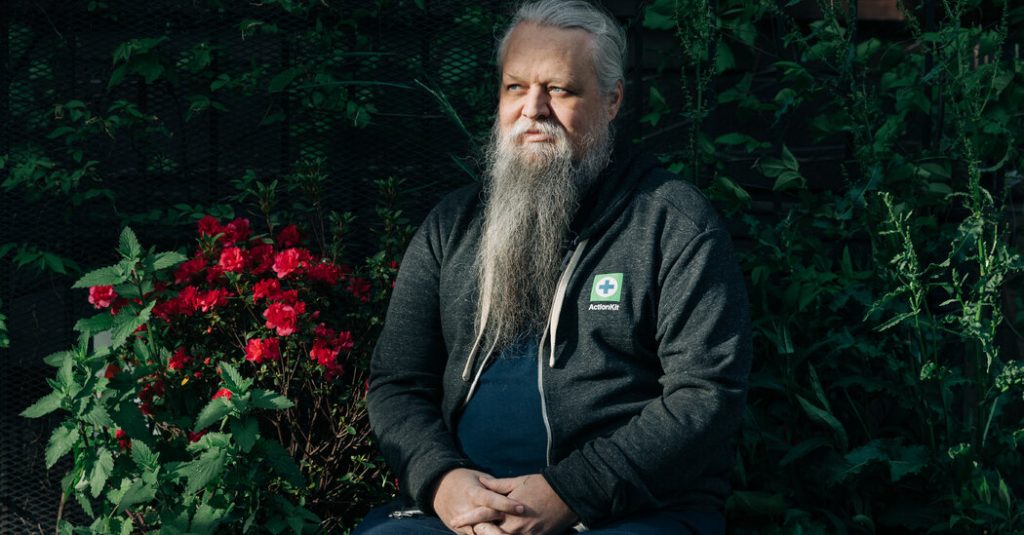Arrests were made at Columbia University by the New York Police Department after protests and the occupation of a building by pro-Palestinian demonstrators demanding the end of financial ties with Israel. The police alleged that outside agitators were manipulating the protests, but a review revealed that many of the arrested individuals had no history of organizing or escalating protests. The protesters came to Columbia in response to word of mouth or social media posts to show solidarity and curiosity.
City officials stated that nearly 30 percent of those arrested were not affiliated with the university, but student organizers disputed claims that they were being manipulated by outside actors. Tensions over the war in Gaza led to a wave of student activism resulting in arrests on campuses across the country. The university president calling on the police to clear out a pro-Palestinian encampment triggered further protests, resulting in more than 100 students being arrested.
A small number of individuals without ties to the university were among those arrested, but the majority had connections to Columbia. Claims that the protests were spurred by outsiders have been met with skepticism by many involved. Some protesters were long-time activists familiar with protests in New York City, with a deep commitment to the causes they were protesting for. Arrestees faced misdemeanor trespassing charges and possible additional charges at arraignments.
The accusation of outside agitators manipulating protests has been used in the past to delegitimize protesters and stifle movements. One protester, a saxophonist from Hell’s Kitchen, emphasized the outrage of labeling fellow New Yorkers standing in solidarity with students as outside agitators. The protests at Columbia, part of a larger nationwide movement, have drawn attention to the ongoing conflict in Gaza and prompted significant activism among students.
The review of police records and interviews revealed that while some of the arrested individuals had participated in protests in other states previously, the vast majority had no such history. The arrests at Columbia University have sparked debate about the role of outside influences in student protests and the tactics used by law enforcement in response. The university has taken actions against students involved in the protests, including suspensions and possible expulsions.
Overall, the protests at Columbia and the subsequent arrests have become a focal point in the larger student activist movement in the United States. The tensions over the conflict in Gaza and the university’s response to the protests have led to a broader discussion about free speech, activism, and the role of outsiders in influencing protests on college campuses.


